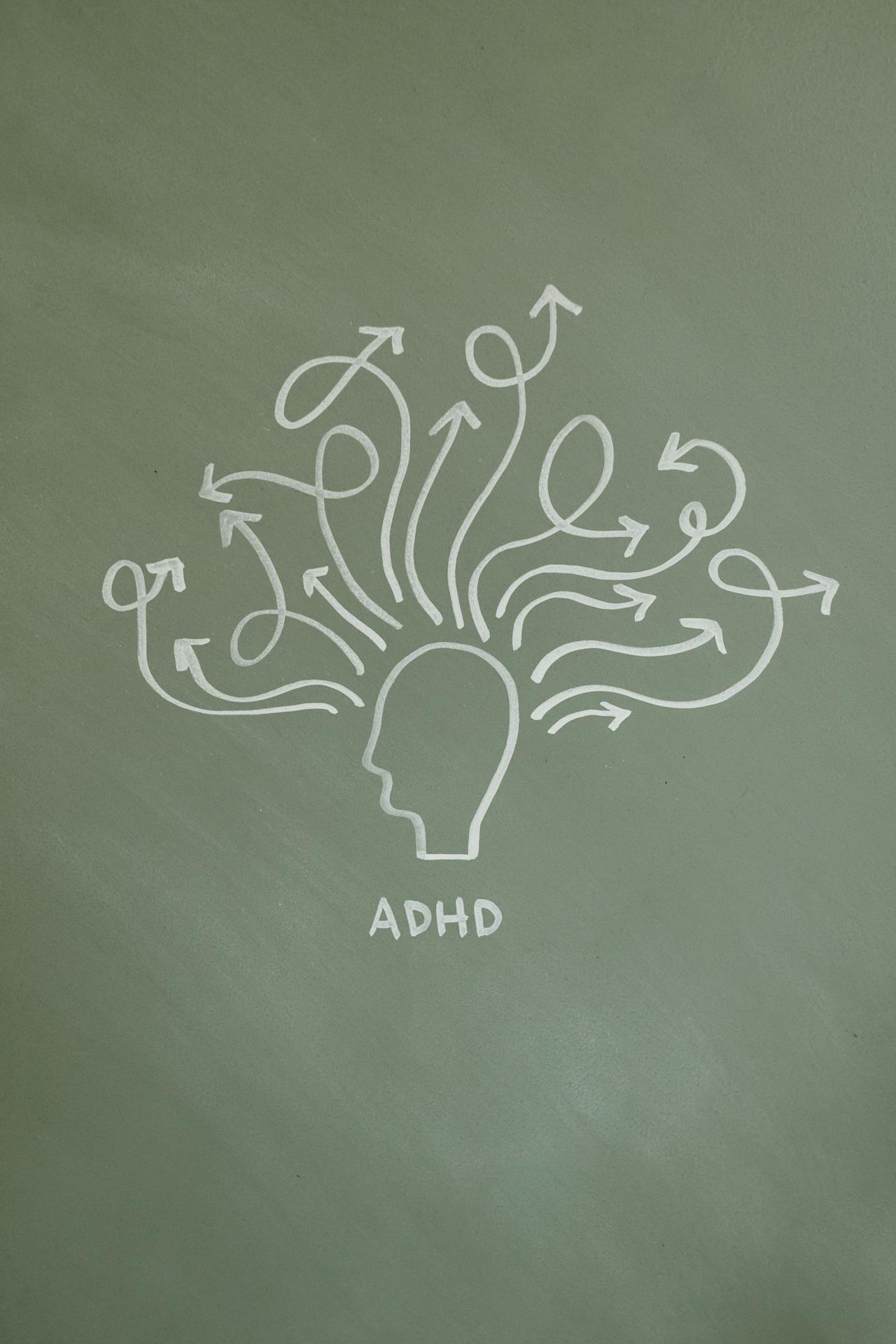Here’s Why It’s Important To Get Tested For ADHD
Attention Deficit Hyperactivity Disorder (ADHD) is a neurodevelopmental disorder that affects a person’s ability to focus, control impulses, and regulate energy levels. While it’s often associated with children, ADHD can persist into adulthood, significantly impacting various aspects of life, including academic and professional success, relationships, and overall well-being. Despite its prevalence and potential consequences, many people remain undiagnosed or misdiagnosed, leading to unnecessary challenges. Understanding the importance of getting tested for ADHD is crucial for individuals seeking clarity and effective management strategies for their symptoms.
Understanding ADHD: A Complex Neurological Condition
ADHD is more than just occasional distractibility or impulsivity; it’s a complex neurological condition that affects millions worldwide. Individuals with ADHD often struggle with executive function skills, such as organization, time management, and task prioritization. These challenges can manifest differently among individuals, leading to variations in symptoms and severity. While genetics play a significant role in ADHD, environmental factors and brain chemistry also contribute to its development.

The Impact on Academic and Professional Success
Undiagnosed or untreated ADHD can significantly impact academic and professional success. In educational settings, students with ADHD may struggle to concentrate in class, complete assignments on time, or follow instructions, leading to underachievement and frustration. Similarly, adults with ADHD may face challenges in the workplace, such as difficulty meeting deadlines, maintaining attention during meetings, or staying organized. However, with proper diagnosis and support, individuals can develop strategies to overcome these obstacles and unlock their full potential.
Enhancing Relationships and Social Interactions
ADHD can also affect relationships and social interactions, as individuals may struggle with impulse control, emotional regulation, or maintaining attention during conversations. This can strain familial relationships, friendships, and romantic partnerships, leading to misunderstandings and conflicts. By seeking ADHD testing and treatment, individuals can gain insight into their behavioral patterns and learn effective communication strategies to strengthen their relationships and social connections.
Early Detection and Intervention
Early detection of ADHD is vital for effective intervention and management. Children with ADHD may exhibit symptoms as early as preschool age, but diagnosis often occurs later, impacting academic performance and social interactions. However, adults can also benefit from ADHD testing, especially if they’ve experienced lifelong difficulties with focus, impulsivity, or disorganization. That’s why it’s critical to seek out ADHD testing in Chicago, or where you live, so you can access appropriate treatment options.
Accessing Support and Resources
Once diagnosed, patients with ADHD can access a range of support services and resources to manage their symptoms effectively. This may include therapy, medication, coaching, or accommodations in educational or workplace settings. In addition, support groups and online communities offer valuable peer support and practical tips for coping with ADHD-related challenges.
Conclusion
ADHD testing plays a crucial role in identifying and addressing the unique needs of individuals with ADHD. Raising awareness and dispelling the stigma surrounding ADHD is also important for promoting understanding and creating supportive environments for individuals with neurodevelopmental disorders. By seeking evaluation and diagnosis, you can gain clarity about their symptoms, access appropriate interventions, and develop strategies for success in various aspects of life.

